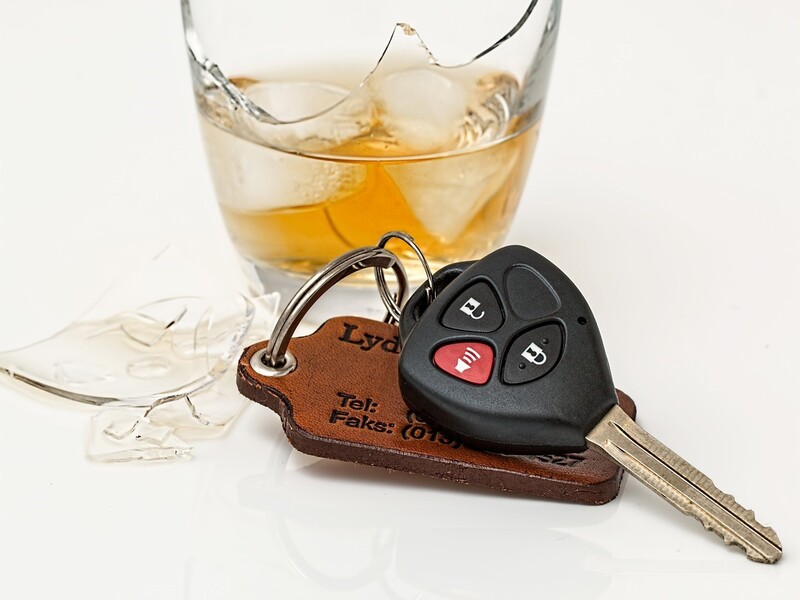
Mid range PCA is an offence contrary to section 110(4) Road Transport Act 2013 (NSW) which carries a maximum penalty of 9 months imprisonment and/or fines of up to $2,200.00 for a first offence or 18 months imprisonment and/or fines of up to $3,300.00 for second or subsequent offences.
Middle range prescribed concentration of alcohol is a concentration of between 0.08 grams and 0.15 grams of alcohol in 210 litres of breath or 100 millilitres of blood.
The section creates three separate offences:
- Driving a motor vehicle with a mid range PCA,
- Occupying the driving seat of a motor vehicle and attempting to drive the vehicle with a mid-range PCA, and
- Occupying the seat next to a learner driver with mid range PCA while the learner driver is driving the vehicle.
Division 2, Schedule 3 Road Transport Act 2013 (NSW) empowers Police officers to require a person to submit to a breath test in accordance with the officer’s direction in the following circumstances:
- The person is or was driving a motor vehicle on a road, or
- The person is or was occupying the driving seat of a motor vehicle on a road and attempting to put the motor vehicle in motion, or
- The person (being the holder of an applicable driver licence) is or was occupying the seat in a motor vehicle next to a learner driver while the learner driver operated the vehicle on a road.
If a person fails a breath test and depending on the PCA reading and the person’s driver licence type, the Police may arrest the person without a warrant and take them to a Police station for the purposes of carrying out a breath analysis. At the Police station, the Police officer may require the person to submit to a breath analysis.
Failure to submit to a breath test/breath analysis are offences contrary to Division 6, Schedule 3 Road Transport Act 2013 (NSW) which carry the following penalties:
- Failure to submit to breath test: Fine of up to $1,100.00,
- Failure to submit to breath analysis: Fine of up to $3,300.00 and/or maximum 18 months imprisonment for a first offence and fines of up to $5,500.00 and/or imprisonment for up to 24 months for second or subsequent offences.
If the breath analysis returns a PCA reading of between 0.08 – 0.149 then the Police will issue the person with a Court attendance notice charging them with mid-range PCA and an immediate licence suspension notice.
The Accused must attend Court on the date nominated on the Court attendance notice and have the matter dealt with according to law.
Disqualification and interlock periods for mid range drink driving
If the Local Court convicts the person charged with a mid range drink driving offence, then the Court must also disqualify the person’s driving licence and impose an interlock period. The following disqualification and interlock periods apply:
| Offence | Disqualification Period (Minimum) | Disqualification Period (Maximum) | Minimum Interlock Period |
| Mid-range PCA (first offence) | 3 months | 6 months | 12 months |
| Mid-range PCA (second or subsequent offence) | 6 months | 9 months | 24 months |
If the Court deals with the offence via a non-conviction, the disqualification and interlock period will not be imposed.
The Courts can sentence the offender via a non-conviction in the following manner:
- Section 10(1)(a) Crimes (Sentencing Procedure) Act 1999 (NSW) – dismissal where the Court finds the person guilty but dismisses the charge completely,
- Section 10(1)(b) Crimes (Sentencing Procedure) Act 1999 (NSW) – dismissal of the charge on a conditional release order with conditions for up to 24 months.
When the Courts consider dealing with the matter via a non-conviction, the Courts consider:
- The person’s character, criminal history/traffic history, age, health, and mental condition,
- The trivial nature of the offence,
- Extenuating circumstances of the offending,
- Any other relevant matter.
The above factors are not disjunctive and dealing with a matter via non conviction is a discretionary decision guided by the above factors.
When charged with mid-range PCA, accused persons usually search for a traffic lawyer Sydney or traffic lawyer near me. The following factors may be considered by individuals when considering retaining a lawyer:
– The lawyer’s expertise,
– The lawyer’s reputation,
– The lawyer’s experience with dealing with like matters,
– The lawyer’s fees,
– The lawyer’s availability,
– Whether the lawyer offers a consultation where the accused can get to know the lawyers.

